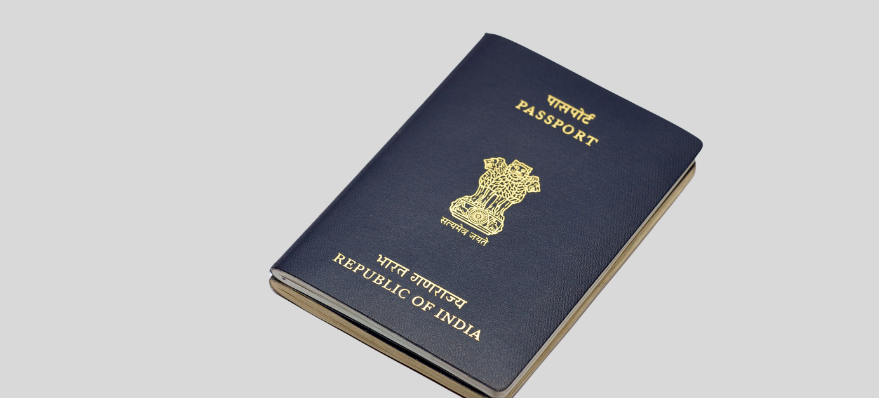India’s Passport Power Peaks: Climbs to Global Rank 77
In a significant boost to India’s global standing, the Indian passport has surged eight spots to secure the 77th rank on the Henley Passport Index for 2025, marking its strongest leap in recent years. This climb, driven by expanded visa-free access to 59 destinations, reflects India’s growing diplomatic influence and underscores a broader trend of increasing global mobility for Asian nations. For Indian travelers, this development signals greater ease in international travel, while also highlighting the evolving dynamics of global passport rankings.
The Henley Passport Index, a widely respected measure of passport strength, evaluates 199 passports based on the number of destinations accessible without a prior visa or with visa-on-arrival privileges, using data from the International Air Transport Association. India’s rise from its 85th position in 2024 comes after the addition of two new visa-free destinations, the Philippines and Sri Lanka, bringing the total to 59. This includes countries like St. Lucia, Zimbabwe, and several Caribbean and African nations, offering Indian passport holders more options for hassle-free travel. Recent reports indicate that this improvement aligns with India’s efforts to strengthen bilateral ties, particularly with neighboring countries and emerging economies.
The significance of this jump extends beyond travel convenience. Experts note that a higher passport ranking reflects a nation’s diplomatic clout
System: economic leverage. For India, a country with one of the world’s largest economies, this progress signals a growing ability to negotiate favorable visa agreements. However, the journey to the top tiers of global mobility remains challenging, as rigid citizenship policies and global perception issues continue to limit India’s ranking compared to nations like Singapore, which holds the top spot with visa-free access to 193 destinations.
While India’s ascent is a cause for celebration, it contrasts with the declining rankings of traditionally powerful passports like those of the United States and the United Kingdom, which have slipped to 10th and sixth places, respectively. This shift underscores a broader trend: Asian countries are steadily climbing the global mobility ladder. For instance, the United Arab Emirates has surged 34 spots over the past decade to enter the top 10, while China has improved from 94th to 60th. Social media platforms like X have buzzed with mixed sentiments about India’s progress, with some users praising the diplomatic efforts of the Ministry of External Affairs, while others point out that India’s rank in 2014 was slightly higher at 76, suggesting room for further growth.
The climb to 77th place also raises questions about the broader implications for Indian citizens. A stronger passport facilitates easier travel for business, tourism, and education, potentially boosting India’s global economic and cultural influence. However, the Nomad Passport Index, which considers factors like taxation and personal freedoms, ranks India lower at 148th, citing restrictive dual citizenship policies and global income taxation. This disparity highlights that passport power is not just about visa-free access but also about broader socio-economic factors.
Despite the progress, challenges remain. India’s passport still lags behind regional peers like China, and 168 countries require Indian travelers to obtain visas in advance. Experts suggest that further strengthening diplomatic relations, particularly with major economies and Schengen Area countries, could propel India closer to the top 50 by 2035, a goal echoed by optimistic posts on X. The government’s recent resumption of visa issuance to Chinese nationals after a five-year freeze is a step in this direction, potentially paving the way for reciprocal visa policies.
As India continues to enhance its global mobility, the focus must remain on sustaining diplomatic momentum and addressing domestic policies that impact its international image. The 2025 Henley Passport Index underscores a pivotal moment for India, with its passport power reflecting not just travel freedom but also the nation’s growing stature on the world stage. For Indian citizens, this milestone offers a glimpse of a future where global borders are increasingly accessible, promising greater opportunities for connection and growth.


